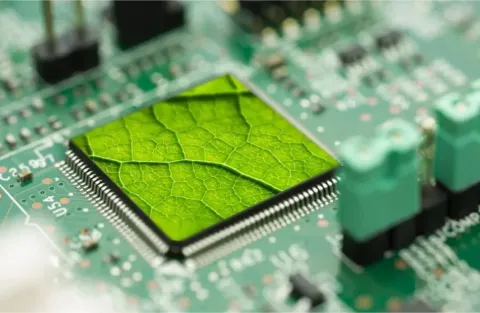- 32 results found
Certification of Artificial Intelligence Management System (AIMS) of ISO/IEC 42001
The ISO/IEC 42001 is a global standard that provides a robust framework and structure within which AI systems can be developed, deployed and used responsibly. It sets out requirements and recommendations for establishing, implementing, maintaining and continuously improving an AI management system within the context of an organisation. Key controls included in the standard are risk management, AI impact assessment, system lifecycle management, performance optimisation, and supplier management. Its aim is to help organisations: Develop or use AI responsibly, Meet applicable regulatory requirements, and * Meet stakeholders' obligations and expectations. In this way, it provides concrete support to companies in optimising the use of AI by guaranteeing a level of control and confidence in the systems developed. Customers concerned: consulting firms; solution or application developers; integrators; companies integrating AI solutions purchased on the market or developed in-house into your offerings; competent authorities (decision-makers, regulators). Webinar: https://www.lne.fr/fr/webinars/iso-42001-certification-ia-lne-s Technical documentation (FR): https://www.lne.fr/sites/default/files/bloc-telecharger/FTC-ISO-42001-LNE.pdf
